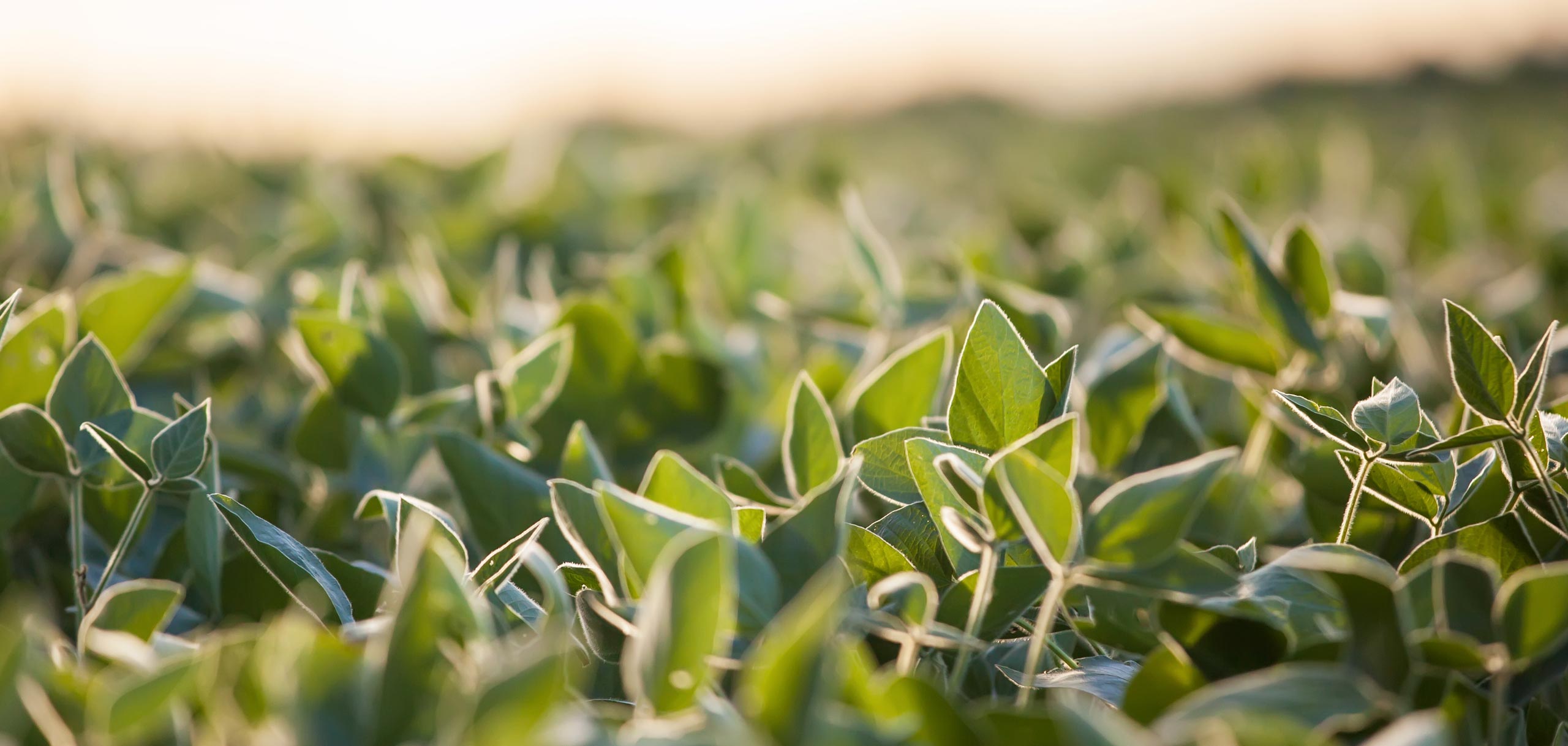USSEC Works to Support Importers and Soyfood Processing Industry in Taiwan Regarding Biotechnology Labeling Law
- Category:
- General News

Taiwan has passed regulations on biotech labeling and public information to be posted in all businesses that sell food that contain biotech ingredients. Taiwan’s government recently passed a law, which when implemented, will set some new tolerance regulations for food containing GMOs. This new law will require all foods containing GMO ingredients to carry a label and also will set the tolerance of GMO content for which ingredients must be labeled at 0.9 percent.
To address this market situation, USSEC is working with Taiwanese importers of sorted soybeans to educate small soy processors and soyfood vendors about the pending law and provide them with a source of information to assure their customers of the safety of the soy ingredients they are consuming. This law threatens up to 800,000 metric tons (MT) of U.S. commodity soybeans that are imported into Taiwan to screen, clean and bag for the Taiwan soyfood industry. If the demand for these sorted soybeans disappears, Taiwan will import 200,000 MT of non-GMO soybeans from sources including the U.S., but will likely source the other 600,000 MT of soybeans from Brazil. Currently, the U.S. and Brazil are Taiwan’s favored panamax suppliers.
USSEC will deliver this information to the target audience via the sorted soybean wholesalers in March, after Chinese New Year. The information being provided to the wholesalers to pass on to the soy vendors include: an informational brochure telling the vendors about the new regulations and providing them with information on answering customer questions; posters for vendors to display directing consumers to a website on the safety of imported biotech soybeans; a jump drive containing artwork so vendors can recreate the posters and brochures—including a mini Dispelling the Myths brochure; sign that announces the vendor sells soy foods with biotech ingredients and that they are all deemed safe for human consumption by Taiwan’s Food and Drug Administration (FDA). USSEC is encouraging the soy food vendors to put up their own sign in advance of the Taiwan FDA, and is suggesting to them that when the FDA decides what the signs should say, they also have a friendly sign that assures people that their soy foods are safe.
In anticipation that the soy vendors will not feel comfortable answering all of the consumer questions, USSEC has created a web page to which the vendors can direct their customers for answers. The website includes videos simulating vendors answering customer questions on biotech soybeans as well as three experts discussing the safety, nutrition and value of biotech soybeans. In addition, the posters that the vendors will be provided will include the website address and a QR code for smart phones.